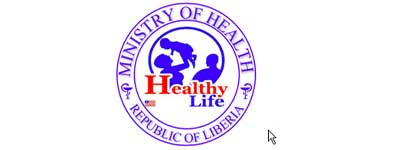The Polio-GID project was set up to help the Country of Liberia to break the transmission of cVDPV2 among susceptible children within her borders while preventing the further importation of the Virus from the neighboring Countries that are presently struggling to contain massive outbreaks. To achieve this goal we are using the enhanced AFP surveillance structure as a means of strengthening the Country’s integrated disease surveillance architecture for early detection and response to disease conditions such as cVDPV2, other VPDs as well as other health related events of public health importance across the Country. We also use close supportive supervision of the routine immunization service delivery system across the Country to ensure the continuous delivery of potent vaccines to secure the lives of the citizenry. Though we currently operate in 6 out of the 15 Counties in the Country, it is worth noting however that we initially started in 3 Counties (Bong, Margibi and Nimba Counties) but due to the successes of the initial project over a 6 months period, a decision was taken to extend the project for another 6 months while expanding into 3 the additional Counties of (Maryland, Rivercess and River Gee Counties).
The operational areas were selected after reviewing the various key surveillance indicators as well as the routine immunization performance by the 93 Districts of the Country leading to the selection of the 15 poorest performing Districts with the assistance of the EPI unit of the MoH as well as the National public institute of Liberia (NPHIL).
Our 15 District AFP surveillance officers (DASOs) manning the 15 operational Districts were selected and trained with the assistance of NPHIL and MoH so as to effectively carry out their responsibilities of improving the surveillance and RI key performance indicators. The project enjoys free close supervision from the Local and the headquarter offices of AFENET as well as the CDC African Polio unit. With the commencement of the second phase of the project we adopted the strategic approach of enhancing surveillance; strengthen immunization service delivery as well as support vaccines safety and monitoring as a means of breaking the transmission of cVDPV2 in the Country.
















